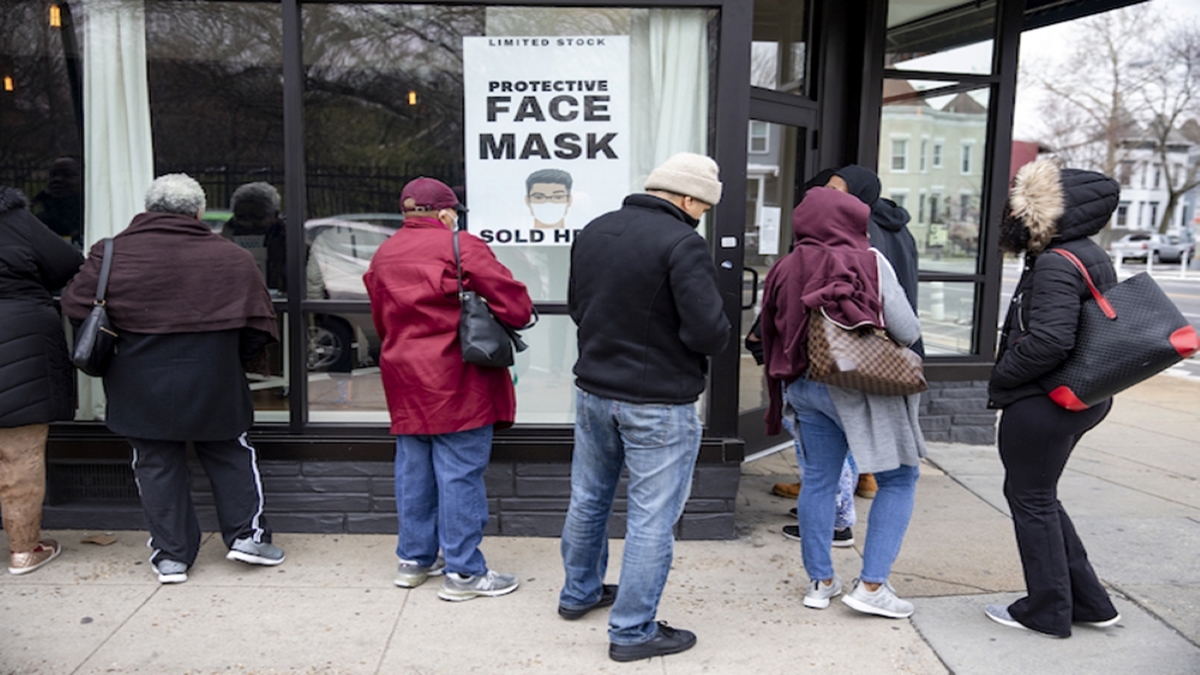The COVID-19 crisis has created massive issues for Louisiana businesses, and the country in general, with unexpected closures and reorganizations to stop the coronavirus spread.
As result, many small businesses in the Bayou State are in dire straits.
With several states and D.C. proposing legislation to ensure small businesses receive business interruption insurance due to the coronavirus shutdowns, there are those both for and against the idea, with some saying it might be unconstitutional.
As chairman of the Senate Appropriations Subcommittee on Financial Services and General Government, Louisianan Sen. John Kennedy will have the ability to hold hearings on such legislation.
He recently weighed in on the issue of retroactively changing insurance contracts.
"I don’t think it’ll pass Congress. Your insurance contract is your insurance contract, and I’m sure there’ll be litigation, but I’m not sure it would be constitutional for Congress to rewrite an insurance contract if that’s what we would be doing. If you do that, you’re just going to have to bail out the insurance industry,” he said.
It is unclear whether Kennedy will hold hearings on the matter, but his stance matches those of columnists from both the Washington Post and Bloomberg.
In an opinion piece, Washington Post columnist Megan McArdle says that while asking insurers to pay seems “eminently reasonable,” the policies are not meant to cover the type of interruption that the coronavirus pandemic is causing and are instead intended to cover closures due to physical damage.
“And while it might seem somehow practical – and just – to stick insurers with the bill, that doesn’t solve the problem. New liability for business losses can be created by law, but the assets needed to cover those losses cannot be conjured by fiat,” wrote McArdle.
Additionally, McArdle points out that with a high volume of businesses closing at once, insurers would be hit with "a bill for a substantial fraction of national income."
Former Supreme Court clerk, Yale law professor and opinion columnist for Bloomberg, Stephen L. Carter wrote, “This is a problem, but we have to be careful not to 'solve' it by making things worse.”
He notes that these may violate the Constitution’s contract clause, which has been interpreted to prohibit “substantial” impairments of existing contracts except in cases of necessity.
“It’s hard to imagine a more substantial impairment than rewriting a contract to force a party to pay money the contract says isn’t due. And as to necessity, the courts say it doesn’t exist when the state can accomplish its purpose through a more moderate means that doesn’t interfere with contracts. In this case, an alternative exists: a state can offer its own subsidies to cover losses the business interruption policies exclude,” Carter writes.
In an April 10 letter, Republican senators Tim Scott, Mike Crapo, Thom Tillis, M. Michael Rounds, Pat Toomey, Ben Sasse and David Perdue wrote to President Trump to emphasize the critical release of funds from the Paycheck Protection Program and express disagreement with "retroactively changing business interruption (BI) insurance contracts that do not cover pandemics and viruses."
On April 14, Rep. Mike Thompson (CA-05) introduced the Business Interruption Insurance Coverage Act of 2020, which will ensure that businesses shuttered due to the pandemic will receive compensation.
The Washington D.C. Council will tackle the issue on May 5. Its draft of emergency legislation would ensure small businesses receive business interruption insurance, according to the Washington City Paper. Councilperson Charles Allen is all for it.
“I’m prepared to pass this," he said. Allen is the representative for Ward 6.
Although there is no national law yet, New Jersey, Pennsylvania, New York, Ohio, Massachusetts and South Carolina have proposed this type of legislation, as has Louisiana.
